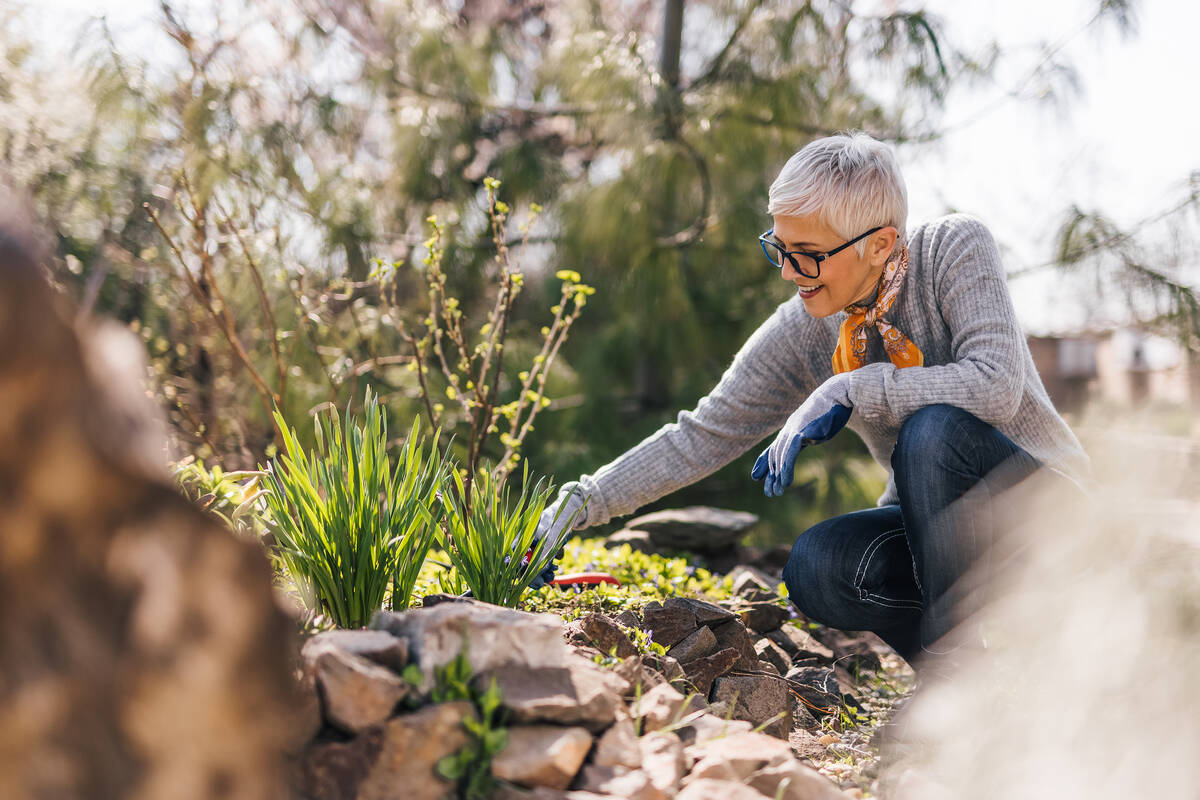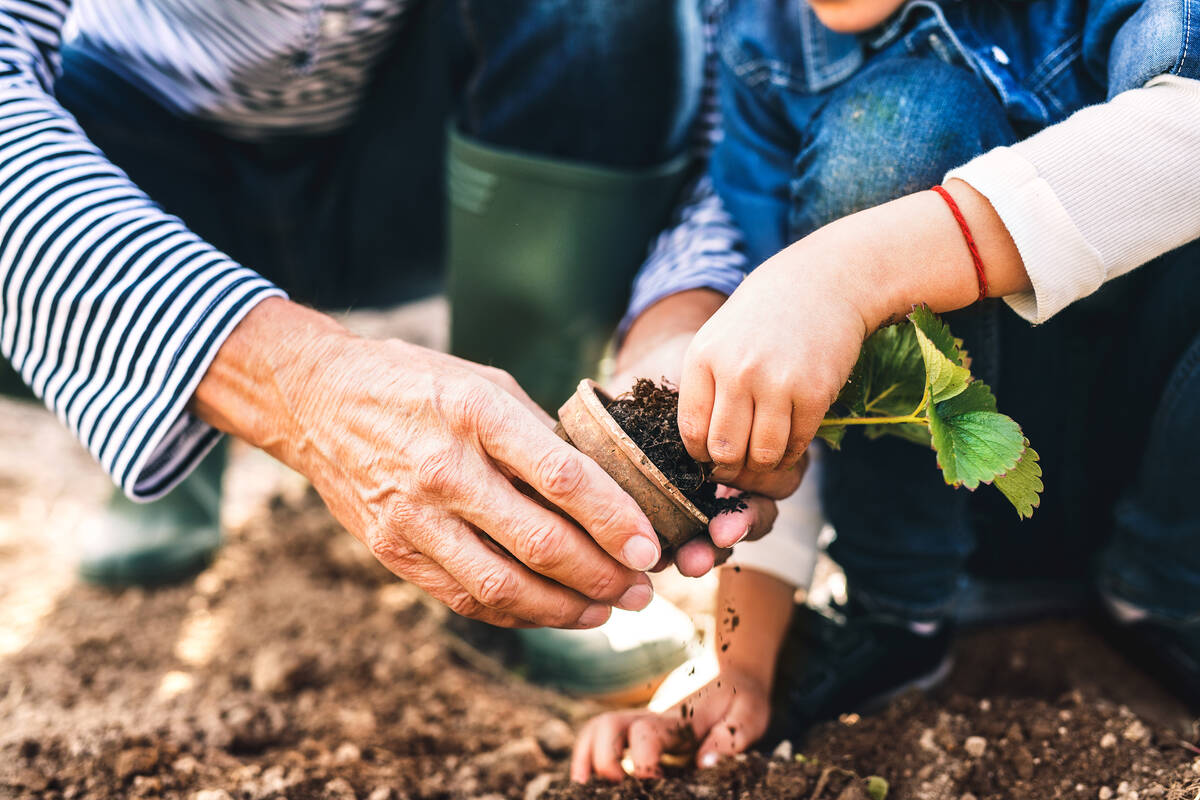Doctors explain how gardening can help you live longer
What does it take to live healthfully into the triple digits? Science has shown that eating nutrient-rich foods, exercising regularly, getting enough sleep, managing stress and surrounding yourself with loved ones all play a role. But did you know that certain hobbies are also linked to living longer?
Scientific data shows a direct connection between longevity and gardening, a hobby that benefits the body as well as the mind. Curious as to how? We asked some experts on aging to explain the connection. Plus, what to plant in your garden that will directly benefit your brain.
Supports physical health
You don’t have to go to the gym to exercise; gardening is a workout, too. Dr. Darnell Cox, gerontologist and founder of Live Young Lifestyle, points to a scientific study showing that gardening is linked to lowering blood pressure. Cox says that gardening counts as moderate physical activity, which is good for the heart. Spending time outdoors in nature has a calming effect, which can help lower blood pressure, she says.
“In addition, having your hands working in the soil ‘grounds’ the body to the earth in a process known as grounding or earthing,” Cox says. She explains that grounding is the process by which the earth’s natural negative electrical charge helps neutralize the free radicals in our bodies, reduces inflammation, cuts cortisol levels (also known as the stress hormone) and lowers our blood pressure.
In addition to helping lower blood pressure, Cox says, gardening can help tone muscles, burn calories and support dexterity and balance — all ways it benefits physical health. The best part is that it does all of this in a gentle way, easier on the body than some other forms of exercise.
Dr. Kellyann Petrucci, a naturopathic physician and author of “The Bone Broth Diet,” points out that spending time in the sunshine gardening is a great way to get vitamin D, which is important for the brain, bones and gut. In fact, not getting enough vitamin D is linked to premature death — yet another reason why gardening can aid with longevity.
Supports mental health
Gardening isn’t just good for the body. It’s also scientifically linked to supporting mental health, which is key since people who are happy tend to live longer.
“The connection to nature that you have when you garden has the power to refresh and revitalize your mind — offering a sanctuary from the daily hustle and bustle,” Petrucci says. “Engaging in gardening can help reduce stress and improve overall mental health by encouraging mindfulness. Seeing the literal fruits of your labor, watching your plants grow and thrive, instills a sense of purpose and can help improve your mood.”
Science backs this up, showing that spending time gardening is linked to lessening symptoms of anxiety, depression and fatigue.
“Gardening can give a sense of purpose as well as, if working with others, promote social connectivity,” Cox adds. “Harvests are often shared with friends and family, and community gardens help to foster relationships and give a sense of belonging.”
With this in mind, inviting your friends and loved ones to garden with you not only will benefit your health even more, it will also benefit theirs.
What to grow
No matter what you plant in your garden, you’ll be benefiting your body and mind. But there are some herbs you can plant that will directly support your brain health, when consumed. One that Petrucci recommends is cilantro.
“Cilantro contains folate, which is important for brain function. It also plays a role in mental and emotional health. Folate also contains vitamin A, which supports eye health, and vitamin C to support our immune system,” she says.
Not into cilantro? Cox says that rosemary, sage and lavender are all linked to supporting brain health. Or, she says, you can plant lion’s mane mushrooms, which are also linked to supporting brain health.
When you spend time gardening, you are investing your energy into a hobby that will truly benefit your body and mind for many years to come.



















